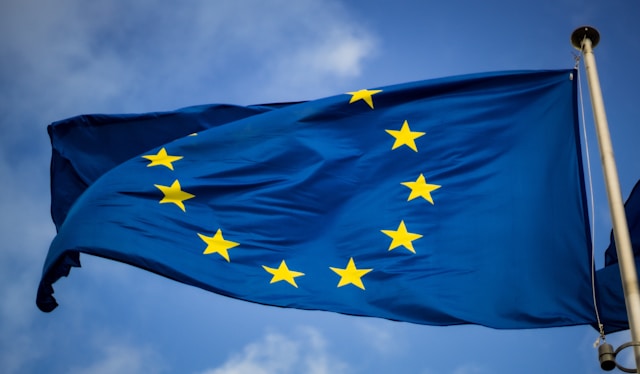
“The United States is on the way to the greatest political and constitutional crisis it has faced since its Civil War. There is a reasonable probability that in the next three or four years situations of massive violence will occur… and that the country will fragment into red and blue enclaves at war with each other ”.
Thus begins an explosive article just published in The Washington Post Robert Kagan, who was until 2016 one of the most influential foreign policy strategists in the Republican Party.
His analysis deals with issues that, unfortunately, we associate rather with the weak democracies of Latin America, with their well-known propensity to suicide. Kagan’s analysis marks a milestone in recognizing the Latin Americanization of politics in the US.
His analysis is based on two pillars. First, that Donald Trump is going to be the Republican candidate for the US presidency in the 2024 elections. The expectation that his visibility and influence would fade after he lost the 2020 election is an illusion without foundation.
Trump has the money, the political machine, and millions of followers. In addition, in 2024 he will face politically vulnerable contenders. Trump could have legal or health problems that prevent him from running in the next election, but acting on this assumption is magic thinking, not political strategy.
According to Kagan, the Republican Party is no longer defined by its ideology but by loyalty to Donald Trump. Party leaders who do not unconditionally support the former president are summarily marginalized and fiercely attacked. The second pillar is that Trump and his allies are enlisting to guarantee electoral victory through undemocratic means, should it be necessary to resort to them.
The clumsy and unsuccessful attempts to use lawsuits to give Trump the votes he lacked to beat Joe Biden, as well as the media and political fuss to persuade the country that Trump’s election was stolen, will no longer be clumsy or clumsy. improvised. A sophisticated, courageous and very well-funded project is underway, the objective of which is to control the electoral process in key states, the vote counting as well as the redefinition of the state authorities that have the power to declare who won the election in their state.
“The stage for chaos is set,” writes Kagan, continuing: “Imagine weeks of massive protests in multiple states in which legislators and local authorities from both parties declare their candidate the winner and denounce their rivals as making efforts. unconstitutional to seize power… Activists from both parties will be better armed and more willing to use physical violence against their opponents than they were in the 2020 elections ″.
Kagan raises his voice in the face of trends that are new to the United States, but not to Latin Americans. It has the merit of clearly perceiving that warlords like Trump do not engage in politics like the Democrats, but rather systematically use asymmetric tactics to achieve their goals.
Let’s look at it like this: Osama bin Laden taught the world what asymmetric warfare is while Donald Trump showed us what asymmetric politics is.
Asymmetric warfare is an armed conflict in which one of the parties has much more resources and military capabilities than its opponent, who resorts to unconventional strategies, tactics and rules. In 2015 Donald Trump did not have a party willing to take him to the presidency, but he had the willingness to break all the traditional rules and schemes of politics, surprising and disorienting his rivals. Plunging into asymmetric politics not only allowed him to take over the Republican Party but also the US presidency, and although he did not get reelected in 2020, his success as the leader of a movement that thrives on political asymmetry is undeniable.
To do? How to strengthen American democracy and prevent leaders with undemocratic propensities from coming to power? Paradoxically, the best way to confront the asymmetric politics that give electoral advantages to demagogues, populists and charlatans is not to imitate them. Attacks on democracy must be fought with more and better democracy. The world’s democracies, and the American one urgently, need to be repaired and reformed to respond to new realities like pandemics or old malignancies like inequality.
But before discussing concrete initiatives to defend democracy and combat the asymmetric attacks to which it will be subjected, it is necessary to create a broad consensus about how serious this threat is. The asymmetric attack on democracy is not “more of the same.” It is a different political phenomenon with many new aspects. To defeat it, you have to understand it, raise awareness about its toxicity, and give it the priority it deserves.
Hopefully it can.
@moisesnaim
Sign in to continue reading
Just by having an account you can read this article, it’s free
Thanks for reading EL PAÍS
/cloudfront-eu-central-1.images.arcpublishing.com/prisa/XBPFG2PLXVEZJDIL7RBYIBCB2I.jpeg)



